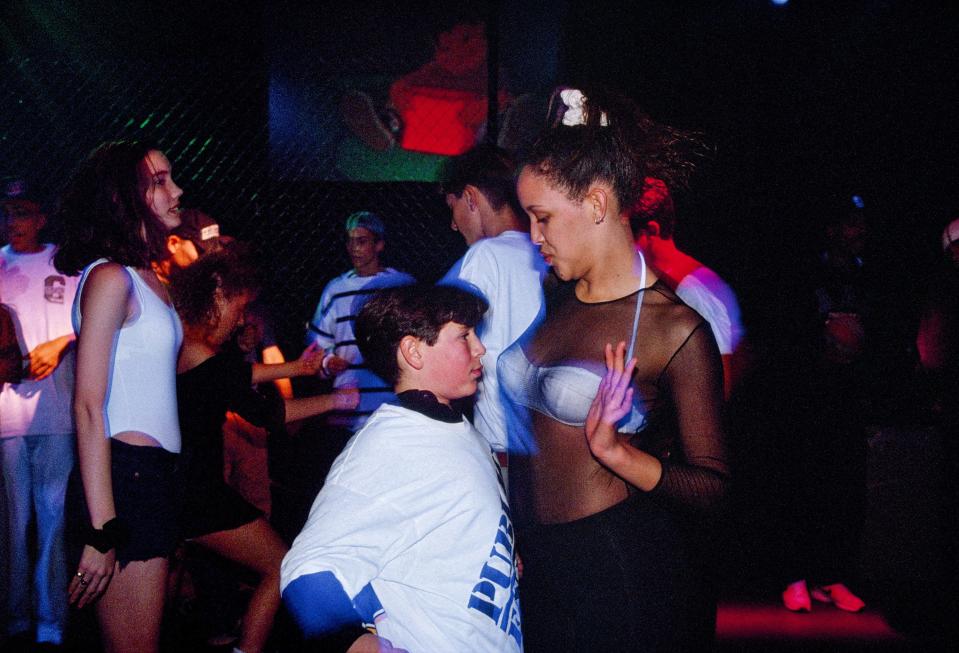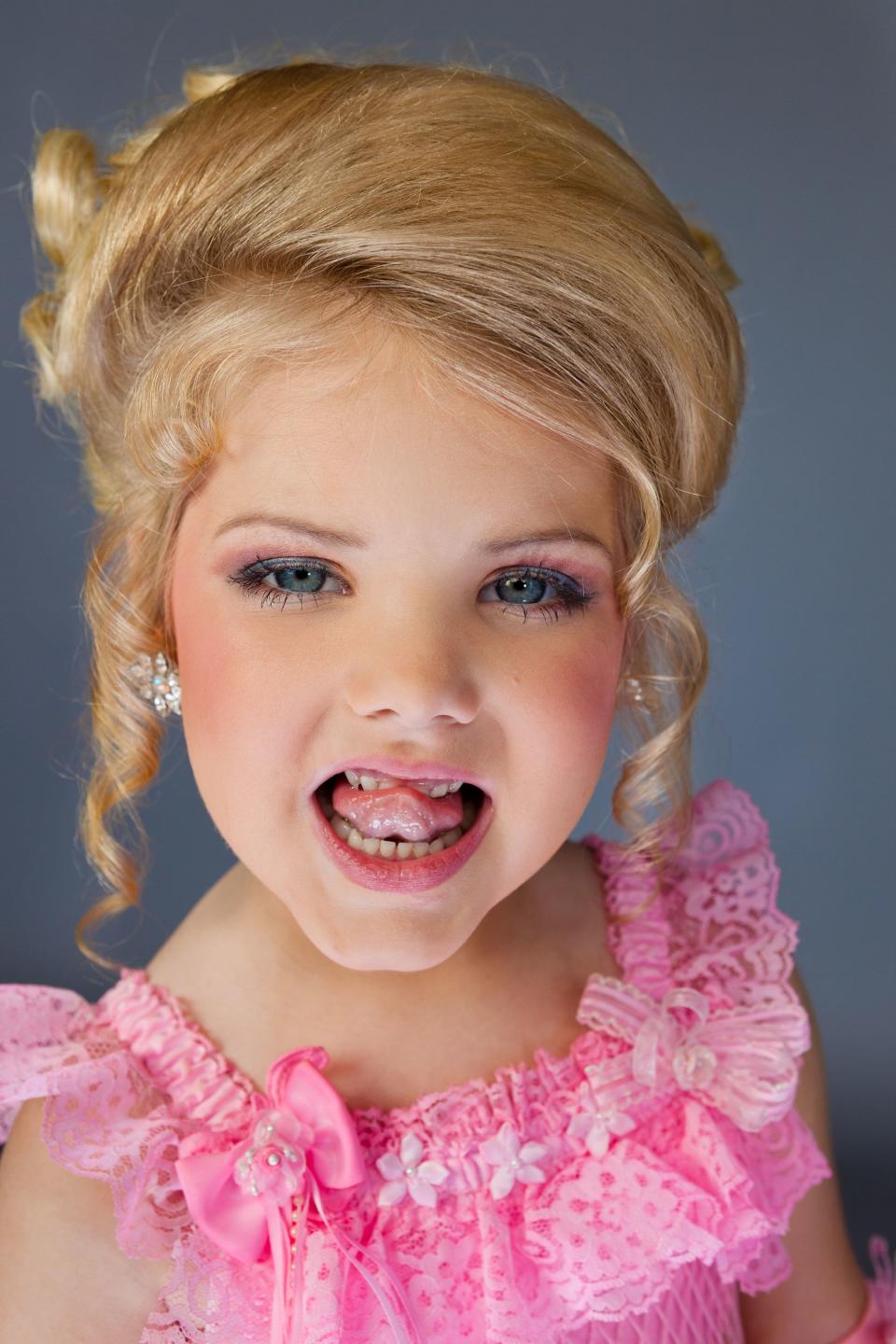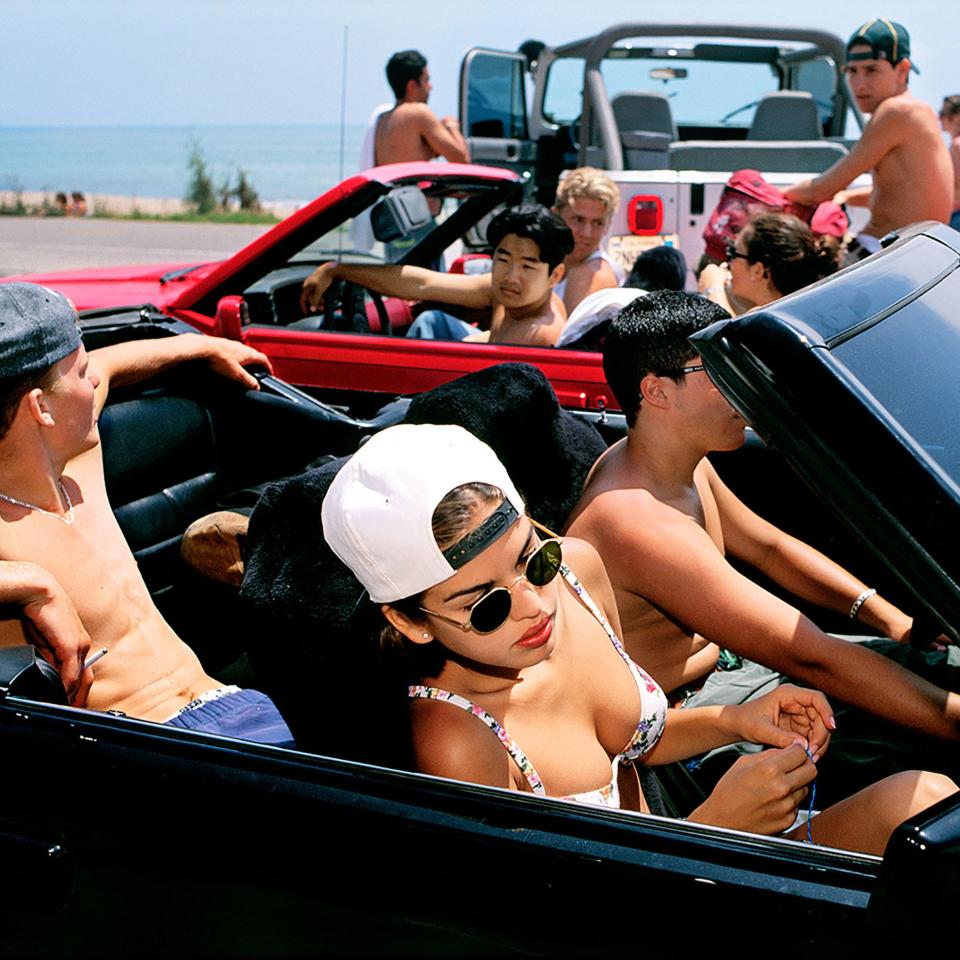In Generation Wealth , Lauren Greenfield Captures the Lifestyles of the Wannabe-Rich and Not-So-Famous
For years, photographer and documentarian Lauren Greenfield has been a chronicler of excess, turning her lens on the lifestyles of the wannabe-rich and not-so-famous, and the lengths to which they stretch (and carve and starve) themselves to get there. From her breakthrough photo collection Fast Forward: Growing Up in the Shadow of Hollywood to her brilliant 2012 documentary, The Queen of Versailles, which turned her subject’s quixotic desire—to build the biggest house in America—into an excoriating parable on the financial crisis, Greenfield has found a way to translate superficial obsessions into blazing cultural criticism.
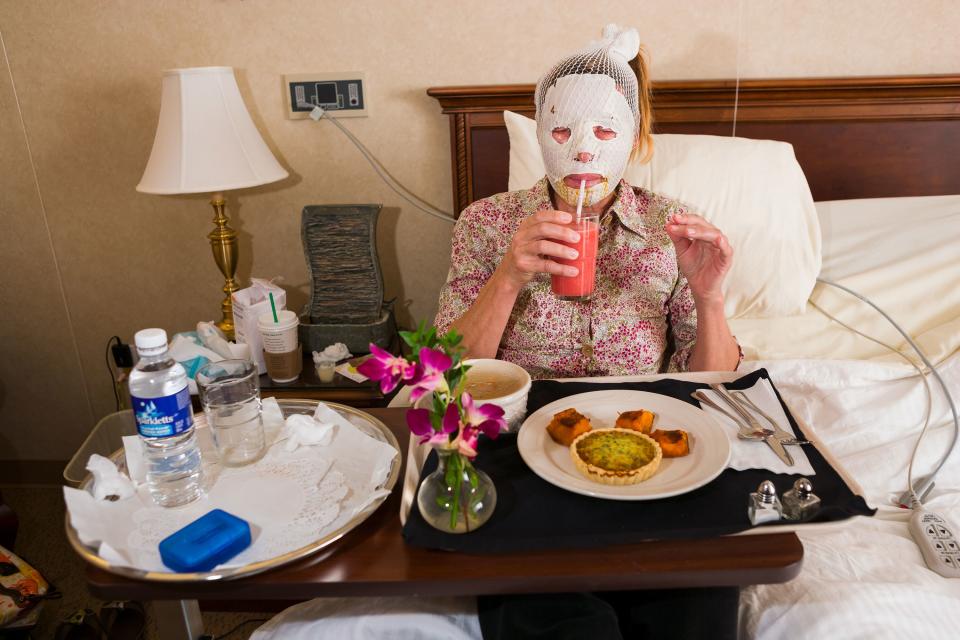
The new documentary, Generation Wealth, newly available on Amazon, is part of a retrospective project that also includes an exhibition that opened at the International Center for Photography last fall, and a book. The impetus for this project, she told me when we spoke by phone earlier this week, was the way that the themes she’d picked up on in the ’90s when she shot her earliest work had played out in subsequent decades. “My parents’ generation,” she told me, “was characterized by hard work and frugality and discipline—an American dream that was about much more than bling and celebrity.” Keeping Up With the Kardashians is not just the title of a reality TV show that launched a thousand lip kits, it’s a frame of mind. (In a poignant coincidence, Greenfield discovered a previously unpublished image of a 12-year-old Kim Kardashian among her archives when she was putting together the exhibition last fall. “I had IDed her as the daughter of O.J. Simpson’s lawyer,” she said.)
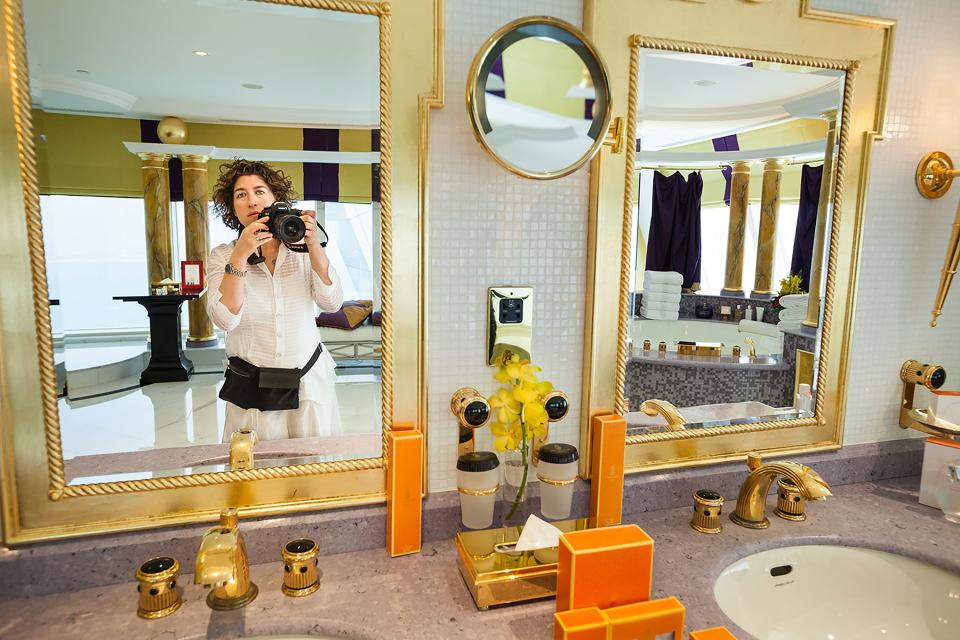
The resulting documentary is rangy and a bit diffuse, lacking the punch of her more single-minded projects. In trying to tie together all the threads of her work, Greenfield crafts a very wide net. As one reviewer put it, her subject is “every putz who buys a Porsche he can’t afford.” The documentary doesn’t exactly flounder—its images are too vibrant and its characters too sharp-elbowed for that—but it does lose some of the acuity that her more zoomed-in portraits possess.

Perhaps as compensation, Greenfield turns the lens on herself, examining, as she put it, “her own complicity,” and a discomfort with the idea that she was siloing a porn star or a criminal ex-hedge fund manager as cultural oddities. We’re all addicted to something, the film implies, and for the filmmaker that addiction is work. In certain scenes, the self-reflection takes a practical turn, an image of 300 ounces of breast milk that she pumped and froze for her weeks-old infant before jetting off for an assignment. And at times it’s more philosophical. Greenfield claims that she had no intention of putting herself in the film, but when she began to speak with her own parents and her own children—as representatives of their respective generations—that she felt there was some parallel between the avarice of her subjects and her own hungry pursuit of a good story. A stretch, perhaps, but it leads to some of the more genuinely introspective passages in the film. “The movie ends up being about parents and individual values as much as it is about wealth,” Greenfield told me. “It has a hopeful ending in that a lot of the characters make choices about how to raise their kids differently, to do a little better. That is the true American dream.”
